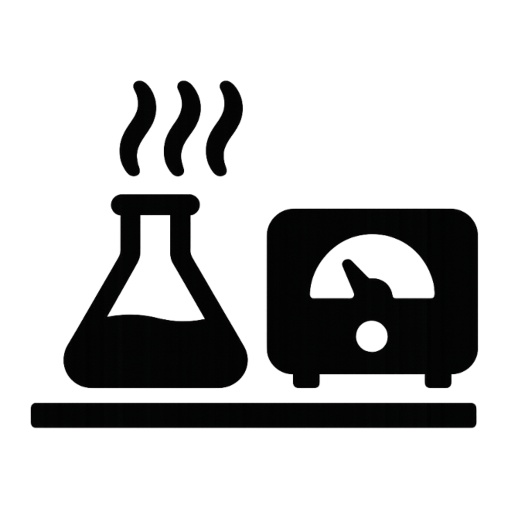What is Torrefaction?
Torrefaction is a mild pyrolysis process that thermally treats biomass at temperatures between 200°C and 320°C in an oxygen-deficient environment. The result is a dry, blackened, and energy-rich solid called torrefied biomass — often referred to as "biocoal" — which mimics the properties of fossil coal but is renewable and environmentally friendly.
Why Torrefaction?
Biomass in its raw form has limitations:
- High moisture content
- Low energy density
- Poor grindability
- Inconsistent combustion
Torrefaction overcomes these challenges by:
- Reducing moisture to below 5%
- Increasing energy density (by 30–50%)
- Enhancing storage and shelf life
- Improving grindability for co-firing in coal plants
- Lowering transportation and logistics costs
Result: A consistent,
high-performance renewable fuel that fits into existing industrial, power
generation, and heating systems.













